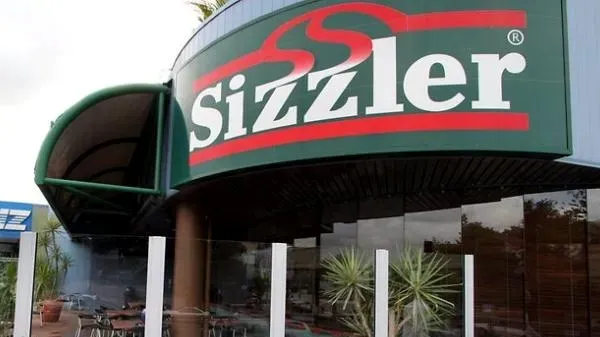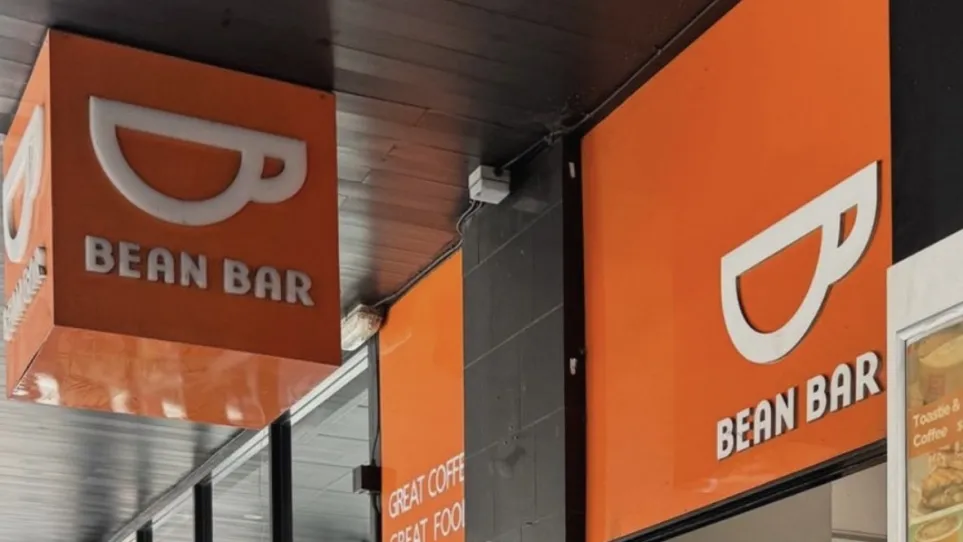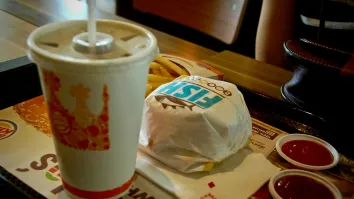Consumers trade down from full-service to QSRs
Economic uncertainty drives demand for value.
As the economic environment remains uncertain, consumer behaviour has shifted towards more conservative spending patterns, particularly within the foodservice industry.
According to Roxanne Uy, Senior Manager at Circana, consumers are increasingly opting for quick-service restaurants (QSR) and retail options over full-service restaurants (FSR), as they seek greater value and convenience.
Uy noted that this trend has led to a decrease in traffic for full-service restaurants, with many consumers “trading down from full-service restaurants, or from FSR down to QSR to retail.”
"It’s not because they don’t like QSR. It’s mainly because of the value proposition and that convenience factor,” she said.
For QSRs, this shift in consumer behaviour presents both challenges and opportunities. While consumers are becoming more price-sensitive, Uy believes QSRs are well-positioned to compete with retail options by leveraging their core strengths of value and convenience.
"If we could provide good value, get our deal-based digital offers right, and incentivize them with loyalty programs, then we can hold on to those consumers," Uy noted. She emphasised the importance of meeting consumers where they are and adapting strategies to maintain customer retention amidst competition from retail options.
Looking ahead, Uy predicts that the current decline in food service traffic will likely continue through the remainder of 2024.
“As the economy improves, people will be more willing to engage in discretionary spending,” said Uy. She anticipates that consumer traffic will recover in 2025 and continue to improve into 2026, providing QSRs with opportunities to re-engage their customers and grow their market share.
























